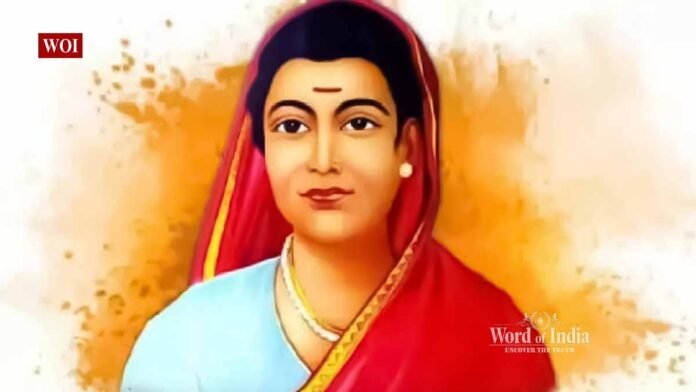Celebrating a stalwart of 19th-century Indian history legacy of Savitri Bai Phule
Early Life and Marriage
Born on January 3, 1831, in Naigaon, Maharashtra, Savitri Bai Phule defied societal norms while she, the eldest daughter of Lakshmi and Khandoji Neveshe Patil, became married on the tender age of 9 to Jyotirao Phule, a 13-year-antique social reformer. Jyotirao, recognizing the importance of training, took the groundbreaking step of educating Savitri Bai at domestic after their marriage.
Tragic End and Legacy
Tragically, Savitri Bai Phule’s journey came to an give up on March 10, 1897, at the same time as worrying for sufferers affected by the bubonic plague in the medical institution she had installed. Her enduring legacy maintains to encourage generations.
Trailblazer in Education
In an era wherein public training turned into constrained, Savitri Bai and Jyotirao Phule inaugurated the first college for women in Pune in 1848. Their visionary approach caused the established order of three schools in Pune through the quit of 1851, enrolling round a hundred and fifty lady college students, outnumbering boys in authorities colleges.
Educational Initiatives and Literary Contributions
Beyond training, Savitri Bai initiated the Native Female School and The Society for Promoting the Education of Mahars, Mangs, and Etceteras. Her literary contributions, which includes Kavya Phule in 1854 and Bavan Kashi Subodh Ratnakar in 1892, showcased her prowess in using poetry as a robust device for social reform and schooling advocacy.
Advocate for Women’s Rights
Savitri Bai emerged as a vocal suggest for girls’s rights, founding the Mahila Seva Mandal in 1852. Her marketing campaign in opposition to toddler marriage, help for widow remarriage, and initiation of the primary Satyashodhak marriage, without dowry and Brahminical rituals, challenged societal norms.
Continuing the Legacy
After Jyotirao’s passing in 1890, Savitri Bai continued their work, leading the Satya Shodhak Samaj and chairing its annual consultation in 1893. This society, founded by using Jyotirao Phule in 1873, aimed to provide education to lower castes, scheduled castes, and scheduled tribes, making them aware of societal exploitations.
Savitri Bai Phule’s various achievements, from instructional projects to social reforms, stand as a testament to her pioneering pressure that defied societal norms, leaving a long-lasting effect on India’s records.
As we commemorate Savitri Bai Phule’s birthday, allow us to mirror at the profound and lasting effect of a female who fearlessly paved the manner for a extra inclusive and equitable society. Her legacy serves as a reminder that training and empowerment continue to be powerful catalysts for societal transformation.


